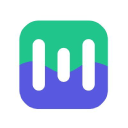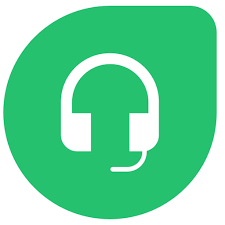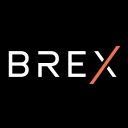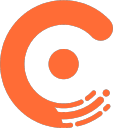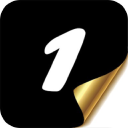How I Developed A $10K/Month App That Helps Salespeople Sell More
Hello! Who are you and what business did you start?
Hello there! I am Pooran Prasad Rajanna, founder and CEO of 1Page. I have been in technology and sales for almost 20 years and the idea is based on a pet peeve, preparing for meetings and calls! Preparing for sales meetings is hard and tiresome.
The reason for every meeting or call with another person is to connect with them, build a good relationship, though the motive in many cases will be to sell an idea or product to them eventually.
1Page helps salespeople search less, and sell more, by delivering a customized one-page summary for every meeting and call, minutes before every meeting to take on every meeting confidently. 1Page is a mobile app (soon on desktop and wearables) that alerts you 5 minutes (configurable) before every meeting and provides a 1Page customized summary of everything you need to know about the person you are about to meet.
With data, you have access to, from all your business tools like Email, CRM, Storage, Support, etc., and data you usually search for like social information of the user, insights, company information, employee count, conversation starters from news, etc., you are not opening multiple tabs or...

